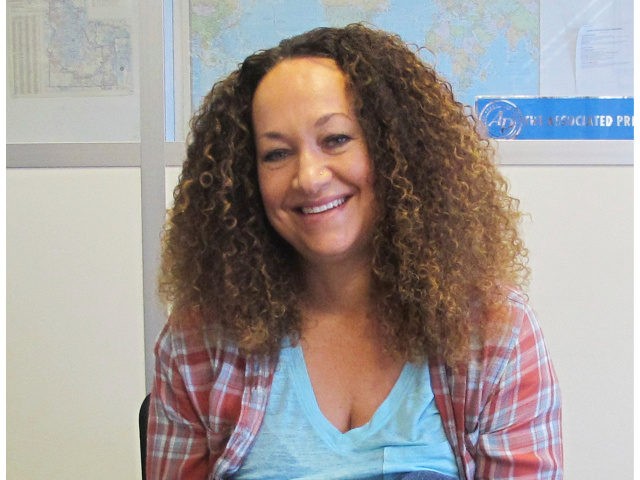A leading higher education trade union in Britain has drawn criticism after supporting so-called trans-racialism, in which people can self-identify as another race.
Last week, the Edinburgh branch of the University and College Union (UCU) wrote on social media to reassert its position in favour of “trans inclusion”, saying that “liberation cannot be built on exclusion”.
The post linked to a 2019 document entitled “UCU position on trans inclusion”, in which the union argued for its members to be able to self-identify as “being black, disabled, LGBT+ or women”.
A staff member at Edinburgh University, who declined to be named out of fear of drawing the ire of the union, told The Times that the issue of trans rights was being “weaponised” in order to force out academics who fail to follow the party line.
“The branch is being used as a platform for an ideological crusade, with no resistance from University of Edinburgh management,” they said.
The union said that it is committed to an “intersectional approach within all its work.”
“The concept of intersectionality has at its core an understanding that within marginalised groups there are a number of different identities, such as white women, Black women, disabled women, cis women, trans women,” the document explained.
“Listening and trying to understand difference within groups, from an intersectional position, is key to building the strength of the group as a whole,” it added.
The issue of transracialism has been a contentious issue on the progressive left, with some coming out in favour of the idea and others likening it to the leftist taboo of cultural appropriation.
It first gained international attention after a biologically white American branch president of the NAACP, Rachel Dolezal (pictured above), announced that she identified as “black” in 2015, despite having two white parents.
Taking language often used to justify transgenderism, Dolezal argued that “race is a social construct” and therefore she should be able to identify with another race. In 2017, Dolezal legally changed her name to Nkechi Amare Diallo, a West African name that means “gift of God.”
More recently, British internet personality Oli London announced that he had transitioned into a Korean, after having a swath of surgeries in order to look more like Jimin, the famed singer of the K-Pop band BTS.
“Hey guys! I’m finally Korean. I’ve transitioned,” London said in a video posted in July, adding: “I identify as Korean — that’s just my culture, that’s my home country, that’s exactly how I look now.”
Again, using the logic of the left, London wrote: “Being Transexual is the same as being TRANSRACIAL because you are born in the wrong body.”
The story enraged many in the pro-trans community as it seemingly deconstructed their arguments, however, the transracial influencer said that he would not back down in the face of “radical woke trolls”.
A spokesman for UCU defended the union’s position on self-identification, saying: “Self-ID is not new and is standard practice across the UK. Adults will regularly self-ID when accessing national and local government services, the NHS, and when applying for jobs or completing the census.”
Follow Kurt Zindulka on Twitter here @KurtZindulka

COMMENTS
Please let us know if you're having issues with commenting.